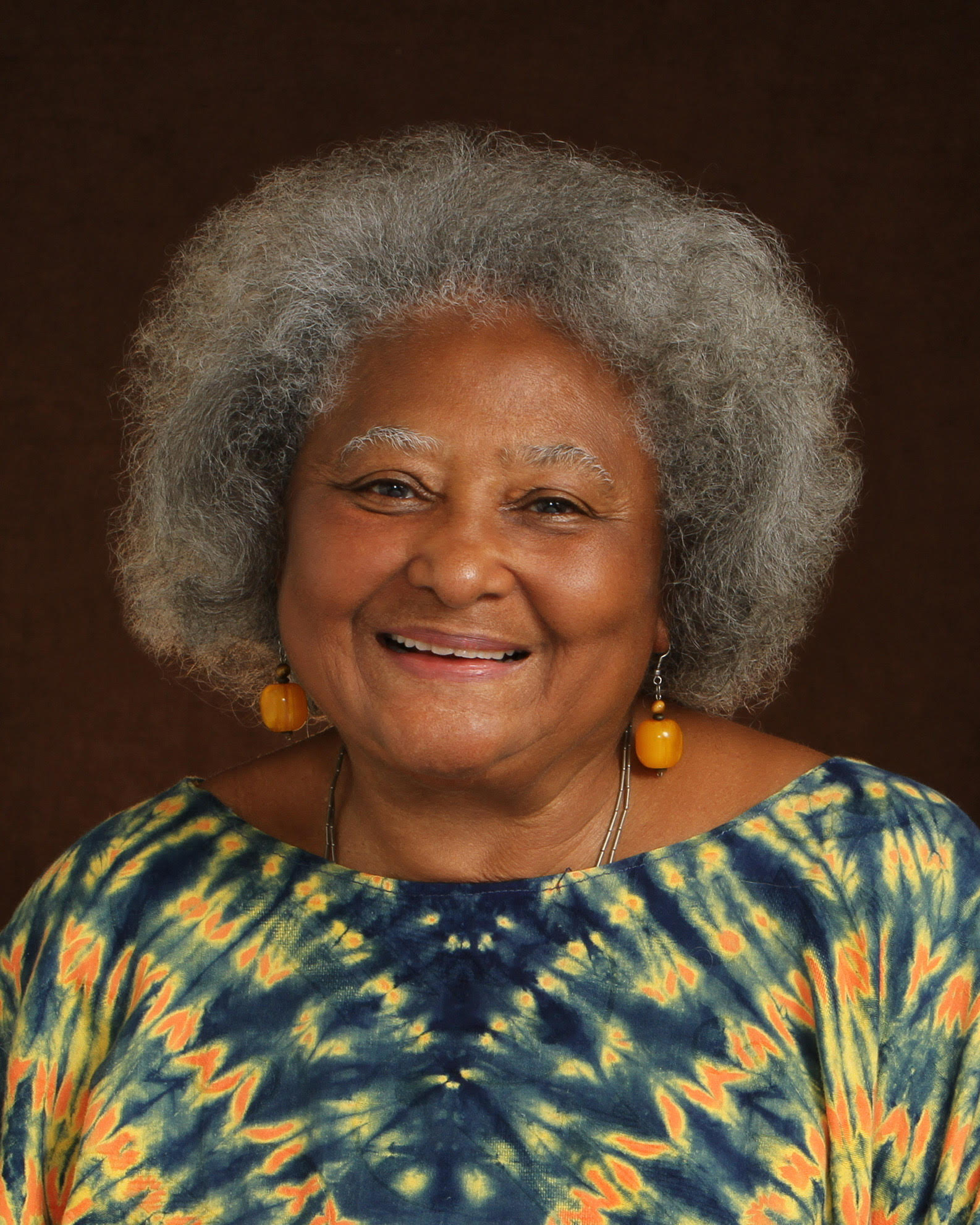

Today we’d like to introduce you to Alice Lovelace.
Alright, so thank you so much for sharing your story and insight with our readers. To kick things off, can you tell us a bit about how you got started?
My journey as a cultural worker began in 1974 at Washington University in St. Louis. I was a divorced mother of four, going to school and volunteering to teach poetry at a local church. But everything changed when I joined the Pan African Writers, who trained me and organized my first poetry reading. That moment lit a fire in me.
By 1976, my husband, Charles “Jikki” Riley, and I moved to Atlanta. It was there that I met Ebon Dooley, who introduced me to the brilliant Toni Cade Bambara. The three of us went on to found the Southern Collective of African American Writers, a space for Black voices to thrive and challenge the norms. That same spirit of collaboration and resistance has shaped every step of my journey since.
In 1979, I was invited to work alongside Ebon as a writer-in-residence at the Neighborhood Arts Center. That job was the first of many that wove my love for teaching writing as an act of liberation, activism, and healing. I became a teaching artist at Georgia State University’s Center for the Teaching of Writing in 1980 and began working in places most people don’t associate with the arts—jails, churches, senior homes, and rural schools across Metro Atlanta and the South.
In 1983, Jikki and I opened Bottomline South, Atlanta’s first Black-owned coffee house and performance venue. The space, which once housed several history rich performance scenes, was home to Atlanta’s first Black bookstore founded by Ebon. The Bottomline South was a cultural hotspot where Atlanta University students, professors, cultural people, poets, musicians, and thinkers gathered late into the night to exchange ideas over poetry, music, lectures and strong coffee.
In 1984, at Ebon’s request, I helped incorporate the Southeast Community Cultural Center, and we opened the first Arts Exchange in a former school building in Grant Park. We dreamed of a place where artists could live, create, and uplift one another—and we built it. Our work caught national attention, and I soon found myself serving on panels for the NEA, state arts councils, and international foundations. I even designed and administered a five-state arts funding program supported by the NEA and the Rockefeller Foundation.
After stepping down as Executive Director in the ‘90s, I worked as a consultant and later reconnected with the Arts Exchange in 2006. Together with a small group of board members and artists, we sold our original space in Grant Park and bought a new building in East Point. On January 10, 2019, we opened the doors to the rebranded ArtsXchange—a community hub rooted in creativity, equity, and justice.
Today, at 77, I’m still at it. I serve as Executive Director of the ArtsXchange, which programs over 75 literary and visual arts classes a year, six gallery exhibits, live performances, and two community gardens. Still finding ways to use the arts to promote environmental and social justice.
Of course, this hasn’t been without challenges and obstacles. As an artist married to an artist, and raising five children, Jikki and I had to be creative. We took our kids with us to rehearsals, readings, protests, and performances. They grew up among artists, with museums and theatres as playgrounds. We made it work—stretching every dollar and turning every challenge into a lesson.
Over the years, I’ve worn many hats: poet, teacher, producer, editor, storyteller. I’ve written for television, including The Phillips Saga on WSB-TV, the first locally produced show with an all-Atlanta cast. I’ve led workshops in prisons and universities alike. I’ve collaborated with dance companies, including Moving in the Spirit and Gash Voight Dance Theatre, writing and performing for shows that traveled from New York to the Rialto Theater in Atlanta to a castle in Budapest.
One of my favorite creations was Café Medusa—a multimedia, multi-stage event that produced five (5) showcase performances and exhibitions of over 50 women artists. And, with visual artist Lisa Tuttle, our public art piece Harriet Rising, a yearlong installation – eight – four sded columns – at Underground Atlanta, recognized as one of the nation’s top 50 public art projects.
Through it all, I’ve been mentored and inspired by greats: Shirley LeFlore, Ebon Dooley (Leo Hale), Carl Ware, John Riddle, Toni Cade Bambara, Beverly Buchanan, Lisa Delpit, and so many others. Their lessons live in my work.
I have been published in local to regional and national publications and anthologies; authored several publications, including nonfiction books, poetry, and music/poetry CDs. My poems have been published in Spanish and Swedish and written across the sky over downtown Atlanta. My community has rewarded me with awards and honors, most notable from Mayor Maynard Jackson – 1996 City of Atlanta Mayor’s Fellowship in the Arts, and the 2005 Georgia Writers Association Lifetime Achievement Award.
Atlanta allowed me the chance to grow and serve deeply through the arts as part of a larger effort to affirm our humanity, celebrate our culture, and push for justice—and I’m not done yet.
Can you talk to us a bit about the challenges and lessons you’ve learned along the way. Looking back would you say it’s been easy or smooth in retrospect?
As a child I was nourished by the cultural richness in St. Louis. I took classes in dance, and theater, learned to sew and crochet, took classes in tumbling and boxing, learned to swim, and more. At Forest Park I grew up visiting the world class zoo, art museum, botanical garden, and performances by the
Muny Opera.
While being a writer was my aspiration, the reality of my life led to work for the federal government and corporations. Luckily for me, I met some people in 1974 who changed the course of my life. By 1976, I left St. Louis and moved to Atlanta with my husband, Charles “Jikki” Riley
Being a working artist while raising five children was a big challenge. When the children were young, Jikki and I solved the problem by taking them with us and integrating them into our work. They grew up around a diverse group of artists, spent Sundays visiting the museum, or a gallery, or attending a theatre production. And when Jikki was working as a photographer and videographer, they accompanied me to rehearsals, poetry readings, demonstrations, or took classes while I worked.
Financial constraints were a significant challenge, but as the 10th child in a family of 13, my parents instilled in me a strong work ethic and essential life skills. Combined with Jikki’s life skills, we could stretch a dollar creatively and turn each challenge into a valuable teaching moment. We learned to appreciate the value of learning from every challenge, fostering a growth-oriented mindset that included the children, and finding a creative solution to any challenges.
Can you tell our readers more about what you do and what you think sets you apart from others?
As a cultural worker and performance artist, people and organizations welcomed me, enabling me to build a following and take my work nationally and internationally. As a result, I was able to thrive as a poet, author, performer, teacher, lecturer, organizer, producer, and editor/publisher.
For example, with Jikki I co-wrote “The Phillips Saga,” produced by WSB-TV in 1980 featuring a cameo performance by Mayor Maynard Jackson. This pilot was notable as the first television show produced in Atlanta with an entirely local cast.
With Lesley Friedman and Glenn Hilke, I collaborated on the design and production of two 3 week long city-wide art festivals that funded performance across Atlanta including in laundromats and bars.
One of my favorite projects was “Café Medusa”, a multi-stage, multi-disciplinary evening of performances, an art exhibit, and marketplace.Each production featured over 50 women artists.
My involvement in public art initiatives includes the 2011 Harriet Rising, a yearlong project at Underground Atlanta recognized as one of the nation’s 50 most critical public art endeavors.
My collection of one-woman shows based on my “Autobiographical Myths” have been produced at arts venues from New York City to Washington State and extensively across the South.
Another way to share my art is by leading workshops, lecturing, and sharing my performance work and poetry with organizations from churches, jails, conferences and teacher trainings. If course visiting college campuses is a favorite, places like Emory University, The Evergreen State College, Amherst College, Columbia College, Oxford College, Clark Atlanta University, Xavier University of Louisiana, Spelman College, Berea College, Florida A&M University, and Salem College.
As the “Story Catcher” for the community-based dance and development program Moving in the Spirit, I created original scripts to accompany students’ annual performances at the Rialto Theater. For ten seasons, I wrote and performed the role of the Story Catcher. My final script, co- created with Dana Lupton, premiered May 8, 2024. At the Rialto Center. “Journey on the A Train: A Jacob Lawrence Story” features my grandson, Malcolm Davis, who delivered the script as part of the performance soundtrack.
In 1996 and 1998, I was invited to write and perform for two full-length dance productions with Gash Voight Dance Theatre in St. Louis, MO. The first production, WITCHES, traveled to Europe and was performed in a historic castle in Budapest.
My published works include poems, essays, lectures, plays, speeches, and photographs featured in a variety of publications, including newspapers and anthologies like High Performance Magazine, The Citizen Artist: 20 Years of Art in the Public Arena from Critical Press; Photography Quarterly; two editions of the Java Monkey Speaks Anthology; Var Losen 8-93 (Swedish); Unity Multicultural Magazine (English and Spanish); Black Poetry of the 80s: From the Deep South; Catalyst Magazine; DrumVoices Revue and DrumVoices Volume 9 and Volume 11, from Southern Illinois University Press; Hoo-Doo 61/2 published by Lorenzo Thomas; and Bi-Centennial Review from Washington University.
I have authored several publications, including the nonfiction book “Kitchen Survival Almanac” from Southern Lite Publishing. My poetry chapbooks include “Black Coffee”, “Remembering My Birth”, and “Forever”. With my children, Hasan Davis and Theresa Davis, I collaborated on the music/poetry CD, “This is for Family’, from Black Eagle Records, available on Spotify.
A sampling of awards and honors include:
– 1980 WPBS-TV Bronze Jubilee Award for Literature
– 1990 WPBS-TV Bronze Jubilee Award for Long-Term Contributions to the Arts
– 1996 City of Atlanta Mayor’s Fellowship in the Arts
– 1997 Torch Bearer Award from the Fund for Southern Communities
– 2002 Project South Spirit of the Movement Award
– 2005 Georgia Writers Association Lifetime Achievement Award
What would you say have been one of the most important lessons you’ve learned?
Don’t be afraid to step into the unknown. Trust your instincts. Be true to yourself. Mistakes are just part of the journey.
Contact Info:
- Instagram: #lovelacealice
- Facebook: www,facebook.com/alice.lovelace
- LinkedIn: https://linkedin.com/in/alicelovelace
- Other: https://open.spotify.com/artist/6CYGvQkc1CYckLvSQuOYYZ
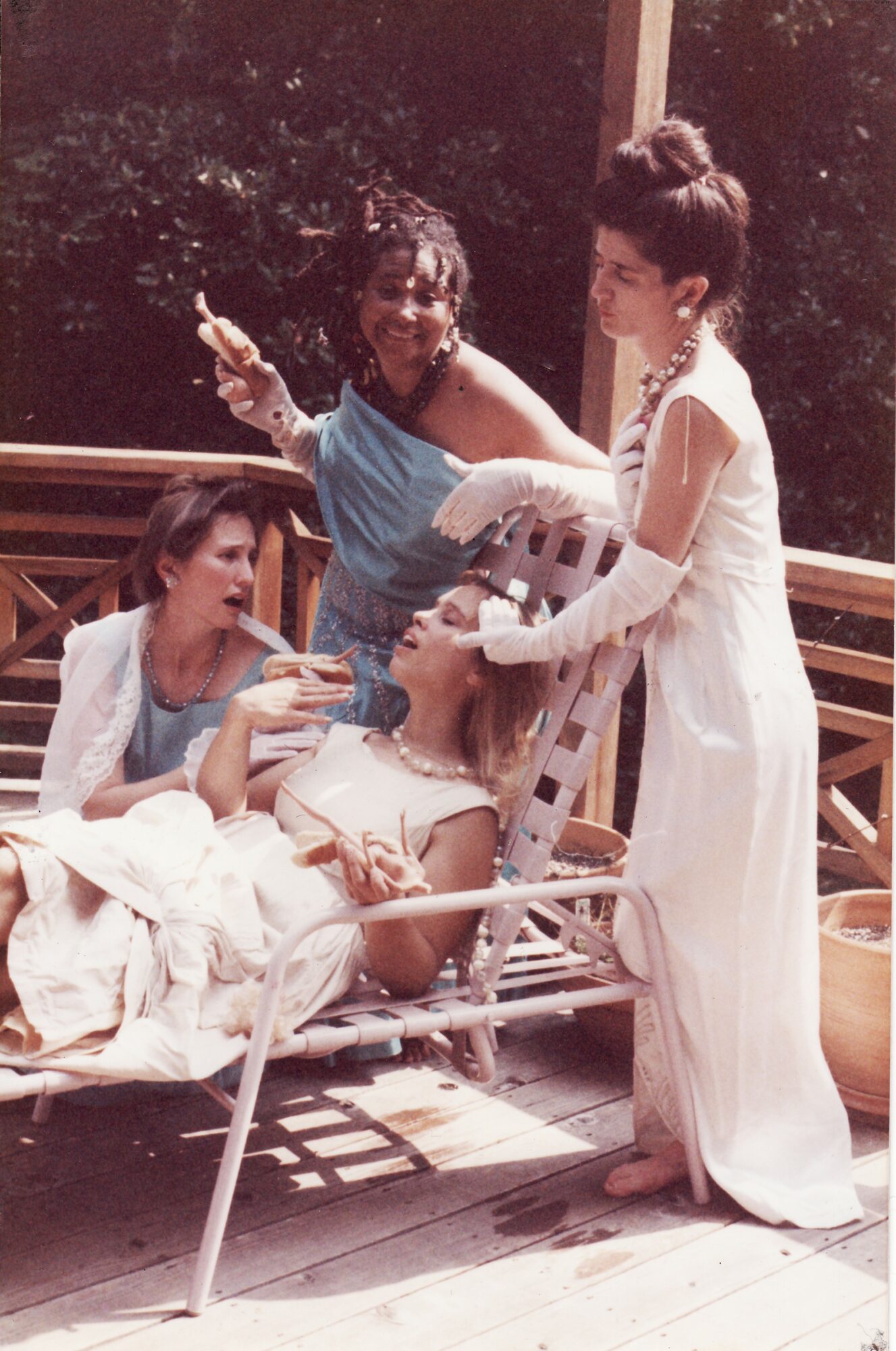
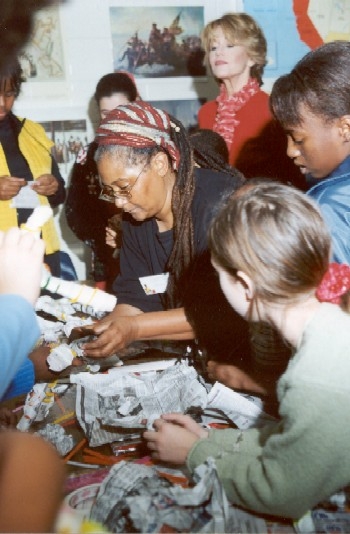
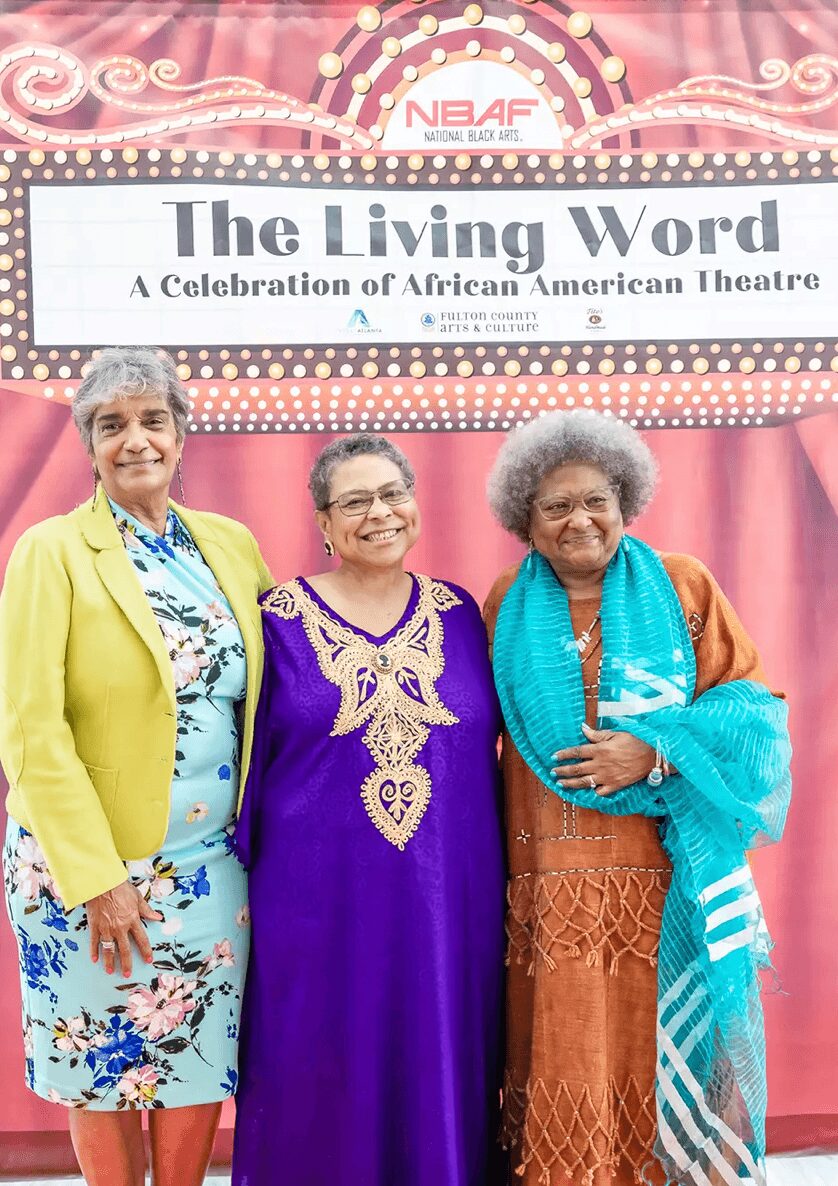
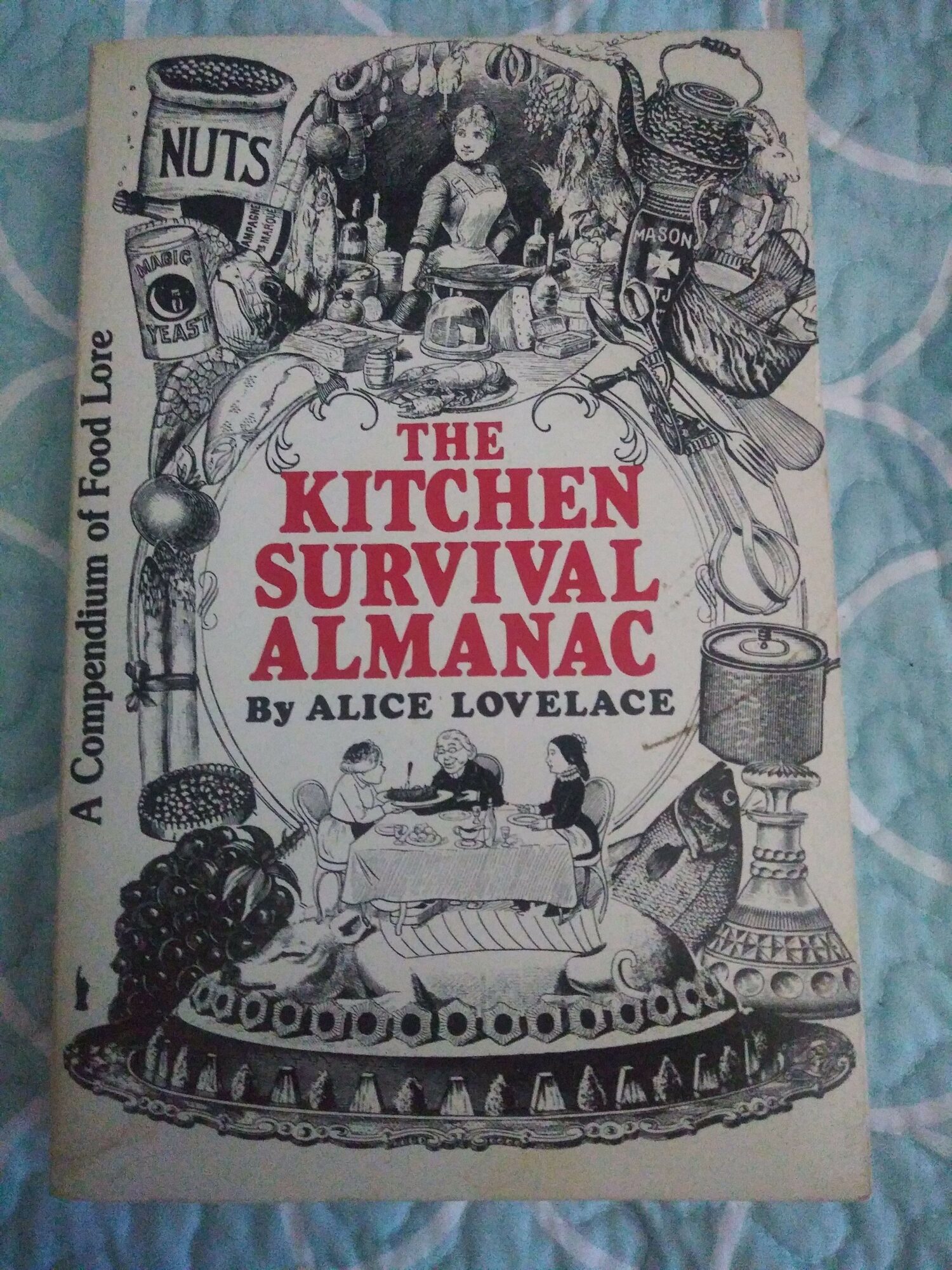
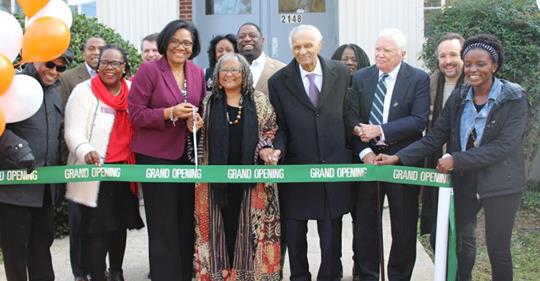
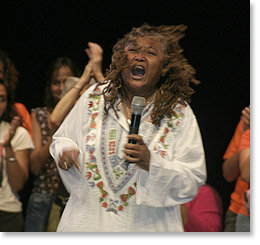
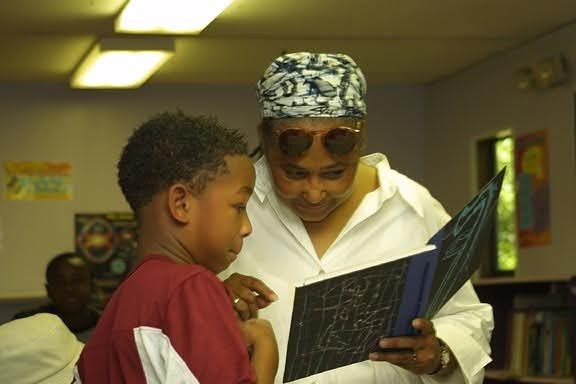
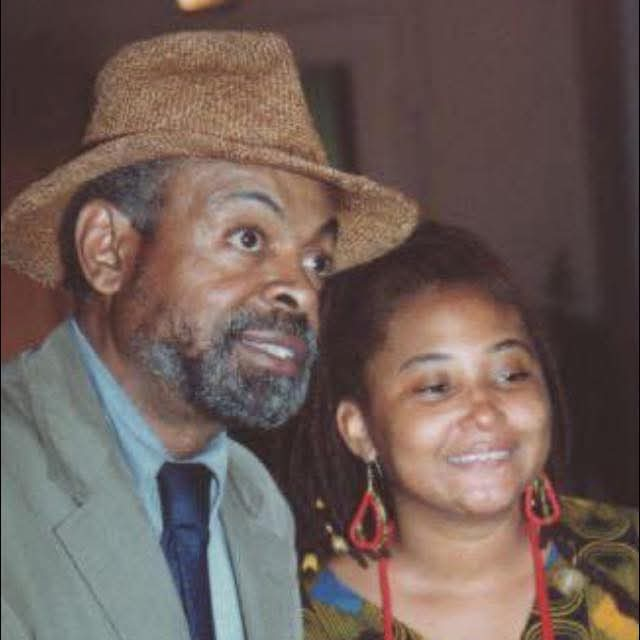
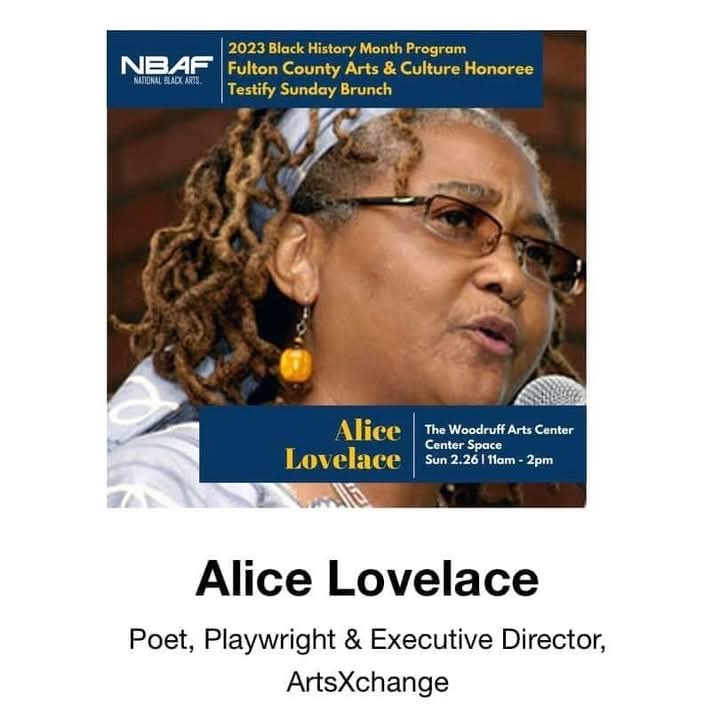
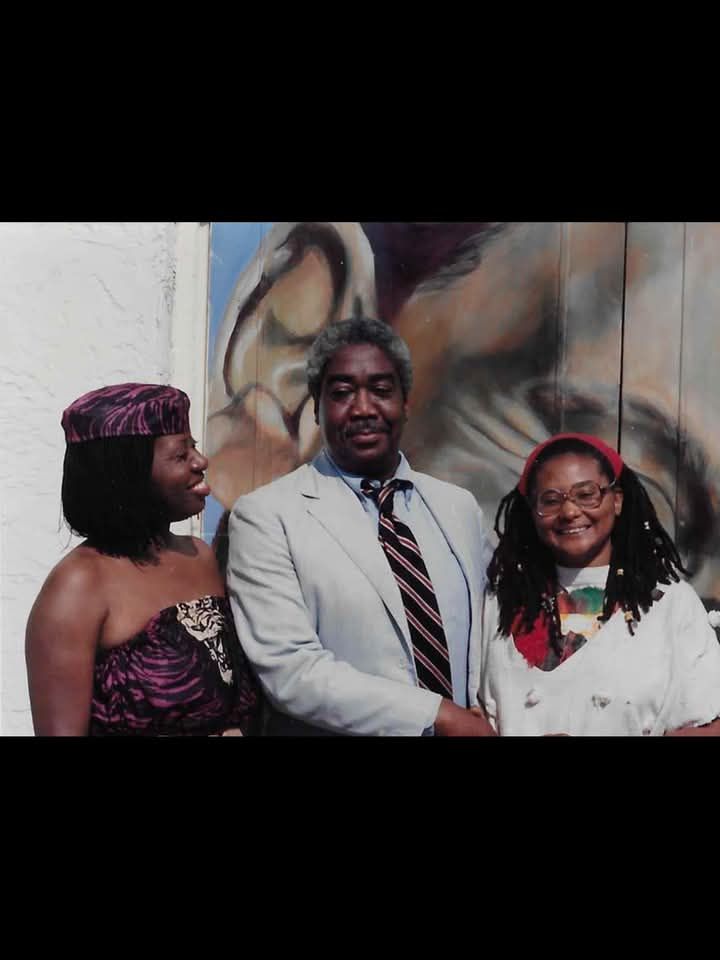
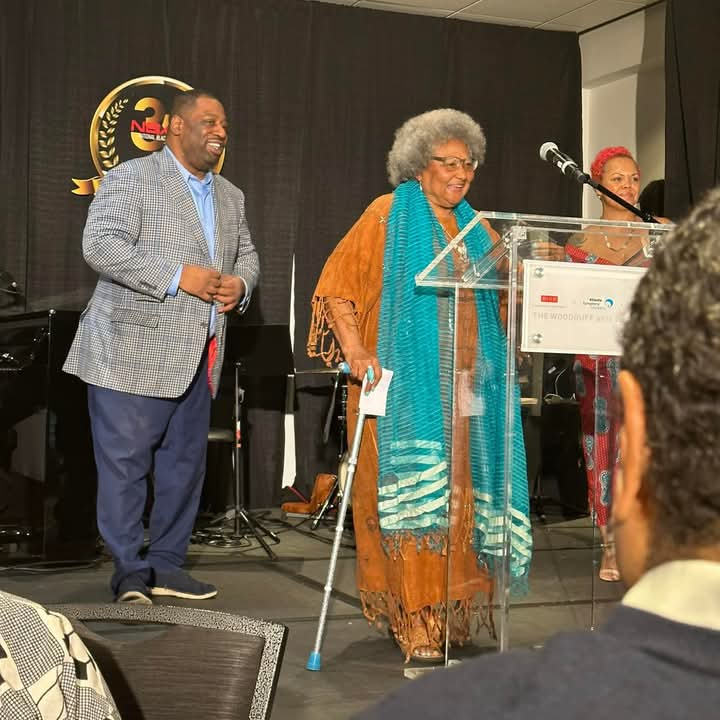
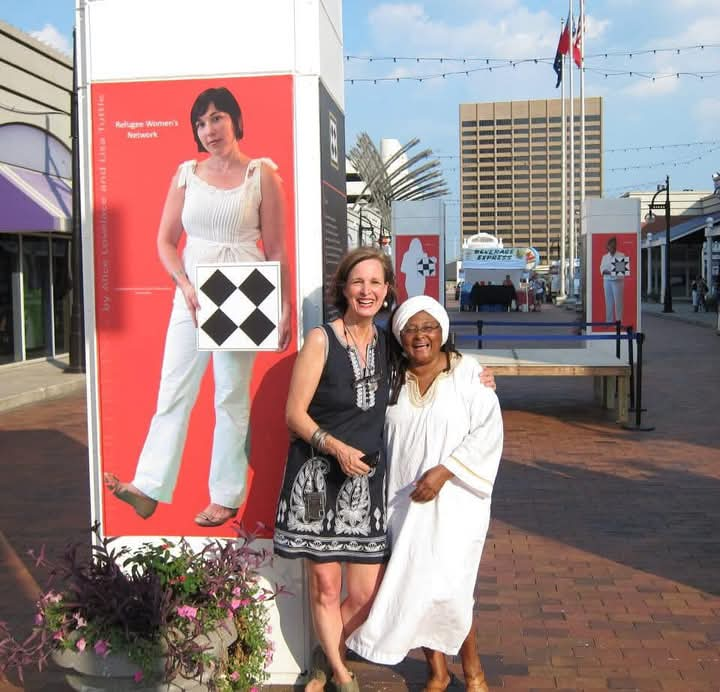
Image Credits
Amiri Baraka and Alice Lovelace photo credit Sue Ross













